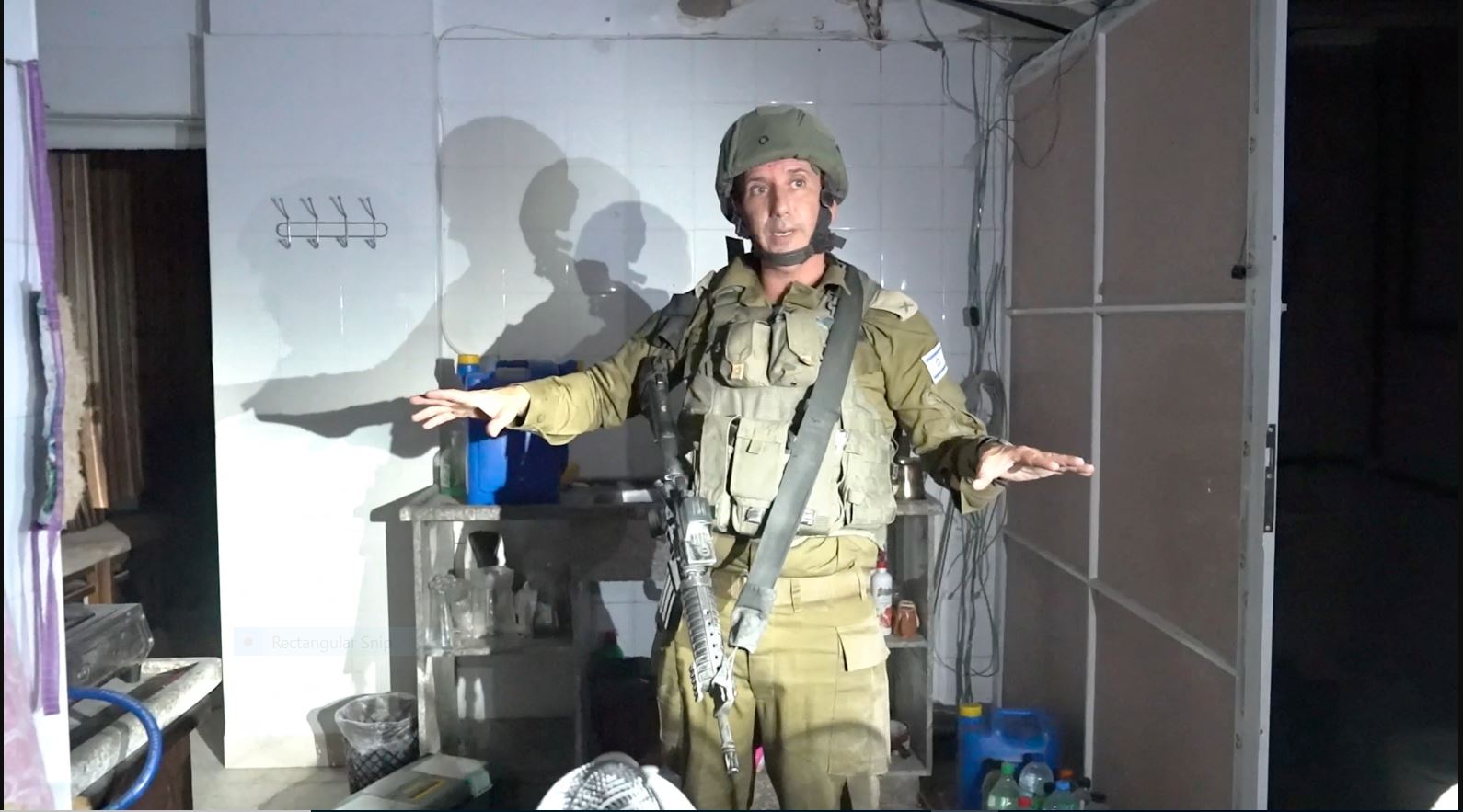India’s govt lists 30 critical minerals in clean energy push
New Delhi (Reuters) – The Indian government said on Wednesday that it had listed 30 minerals, including nickel, titanium, vanadium and tungsten as critical to drive its clean energy push.
The federal government had previously listed 12 strategic minerals, including lithium – a critical raw material for electric vehicle batteries. Lithium reserves were discovered earlier this year in the federally administered region of Jammu and Kashmir.
The government has also asked Jammu and Kashmir to hold lithium auctions at the earliest, Pralhad Joshi, the minister for coal and mines, said at a news conference.
The government hopes to find more lithium reserves in the region later this year, Mining Secretary Vivek Bharadwaj said.
The 30 identified minerals will be key to India’s ambition for cleaner technologies in electronics, telecommunications, transport and defence, the government said.
“We plan to bring out a policy framework for exploration, processing, use and recycling of critical minerals,” minister Joshi said.
Last week, India joined the Minerals Security Partnership (MSP), a U.S.-led venture to create critical energy minerals supply chains. India will join 12 other countries, plus the European Union.
The South Asian country, among the world’s top greenhouse gas emitters, has been pursuing overseas pacts to secure key minerals in resource-rich countries such as Australia, Argentina and Chile. India aims to be a net zero emitter of greenhouse gases by 2070.
“India and Australia have identified two lithium and three cobalt projects,” Joshi said.
Earlier this month, NMDC-backed Legacy Iron Ore signed a lithium exploration joint venture with Australia’s Hancock Prospecting Pty Ltd.

